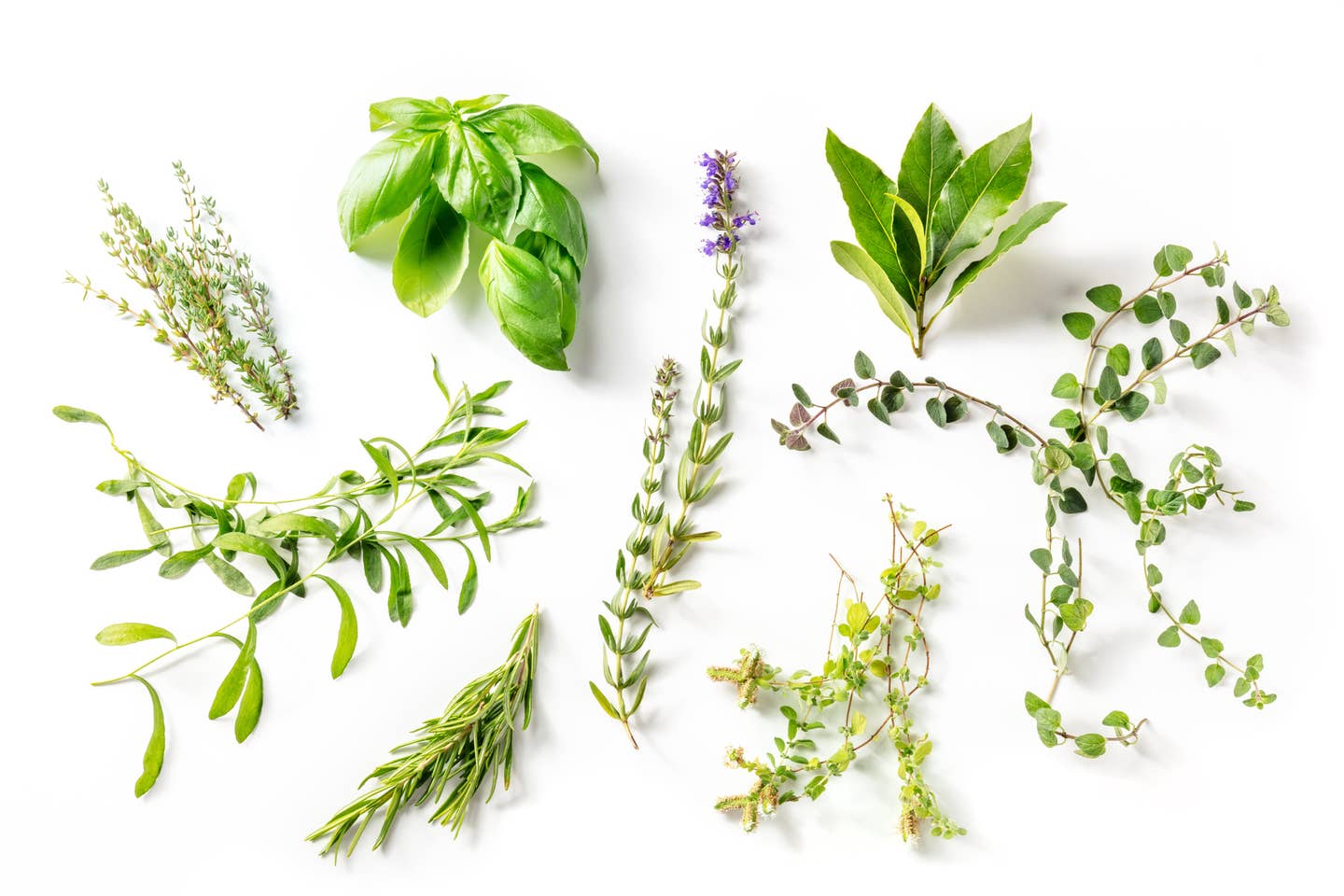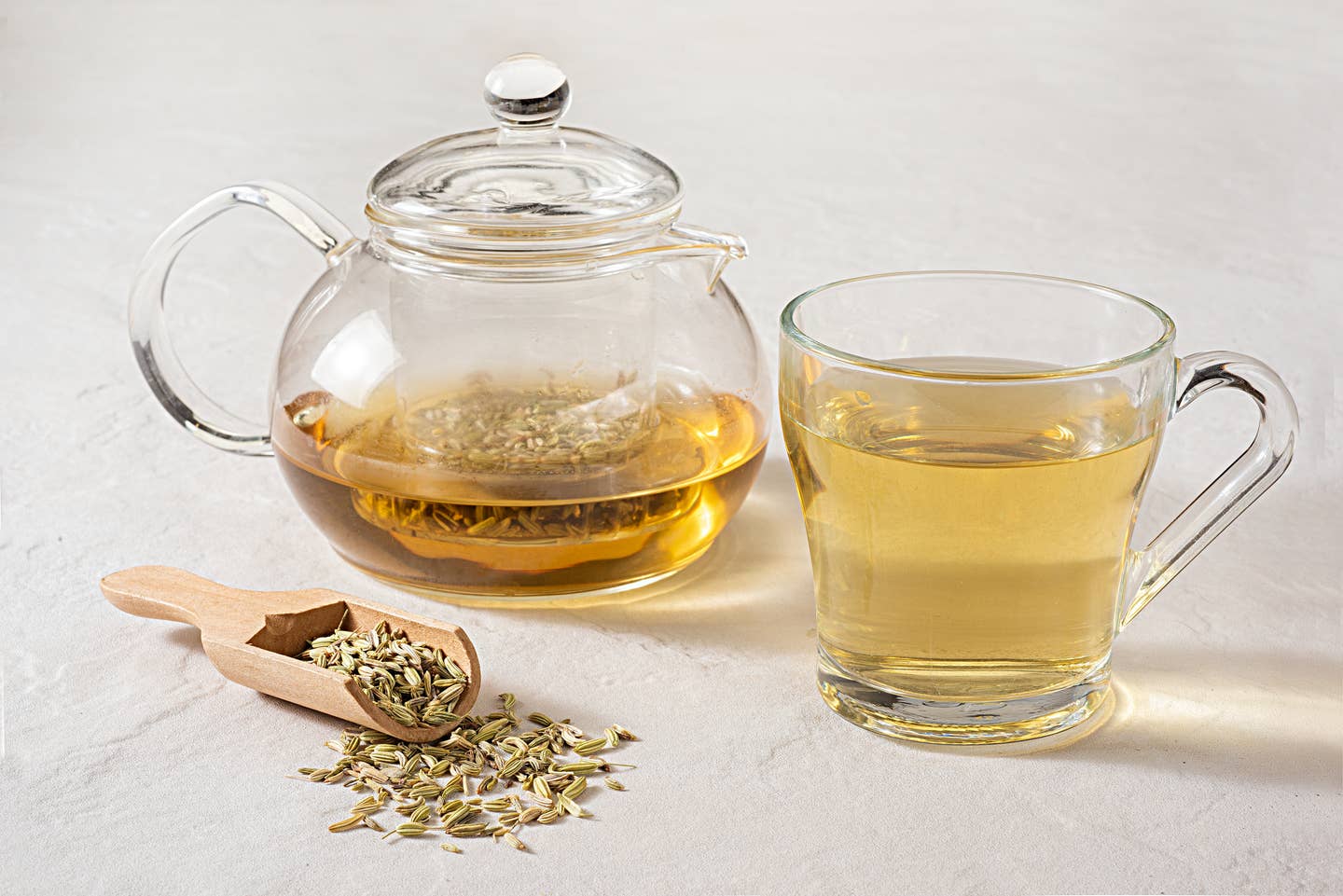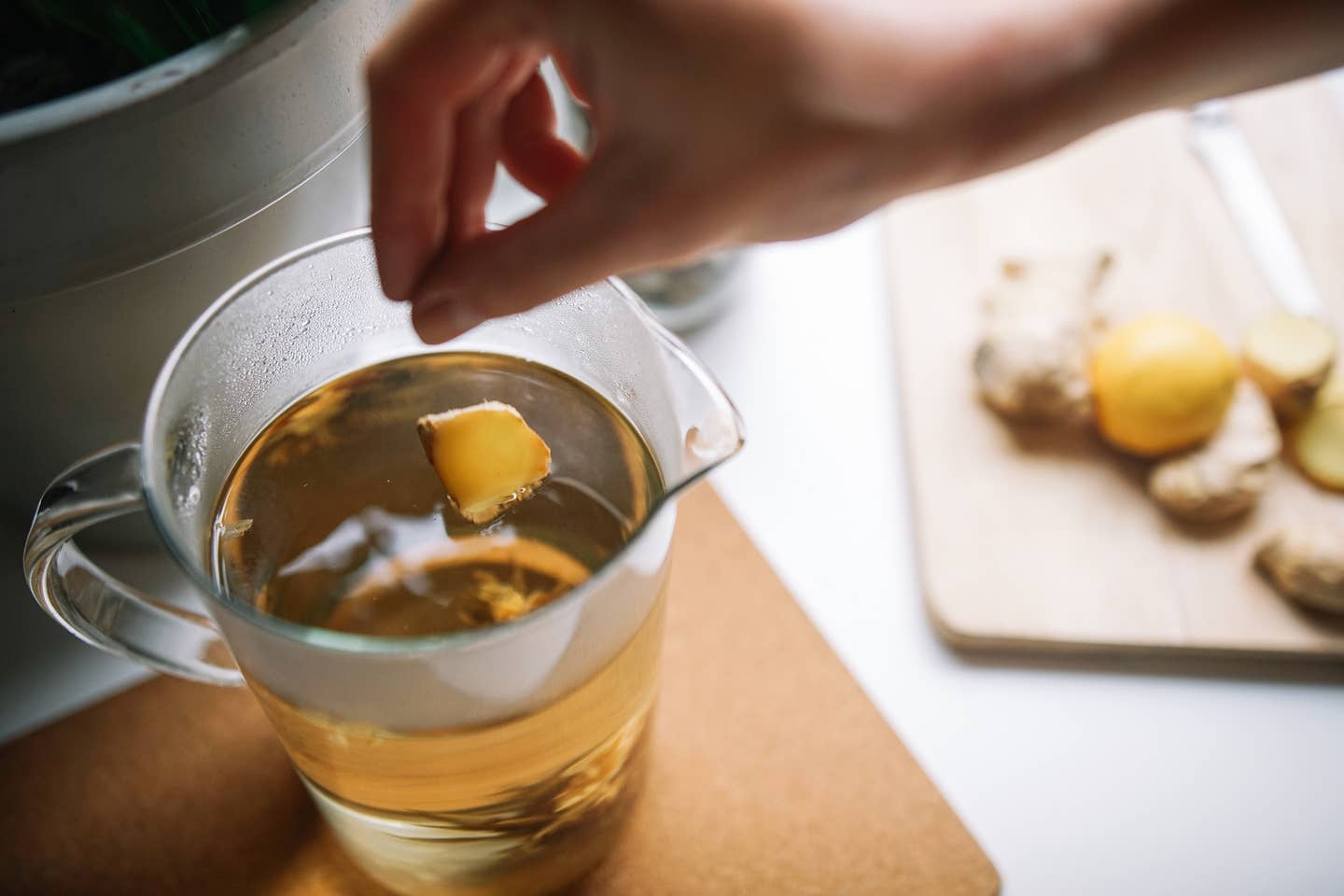
7 Herbs Scientifically Proven to Fight Allergies Naturally, According to Studies
Seasonal allergies are still causing itchy eyes or runny nose? With the current state of climate change, seasonal allergies can now irritate you all summer long, or in fact any season when your immune system comes into contact with an allergen like pollen, dust, or pet dander.
These allergens can trigger unpleasant symptoms like a cough, sore throat, runny nose, and itchy eyes. If you’re feeling miserable, you can turn to Mother Nature to find natural remedies that may help alleviate some of your allergy symptoms. Here are seven herbs that have been studied to ease allergy symptoms.
What causes allergies?
Allergies happen when your immune system responds to an allergen by making antibodies. Your body produces an extra strong histamine response which causes you to experience symptoms of your nasal passages, eyes, and lungs trying to "expel" and fight off the invaders. Due to your body’s strong, overly zealous defense, you can experience the following symptoms.
- Runny nose
- Congestion
- Loss of smell
- Coughing
- Sneezing
- Headache
- Itchy, red, watery eyes
- Postnasal drip
Healthy lifestyle habits like eating plant-based foods and drinking plenty of water can help manage allergies from getting worse. Natural remedies like herbs and certain foods may provide some short-term relief and comfort for your symptoms. Please note, that the Food and Drug Administration (FDA) does not monitor dietary supplements for safety and quality like other drugs, so it is best to approach supplements with caution when taking them, especially for those pregnant and breastfeeding. There is some research that supports the power of these herbs in easing allergies but as always, consult with your doctor prior to implementing them in your routine.
Below, find seven herbs packed with powerful plant compounds that you could try to give you some relief from your allergy symptoms.
7 Herbs That Help Fight Allergies Naturally
1. Mullein
You may have heard of mullein tea or oil to soothe your throat or breathe easier. This flowering plant has been used by many cultures in traditional medicine systems as a remedy for coughs, colds, and even skin conditions such as a rash. Of the few studies that have been conducted, a 2021 study found that the phytochemicals of mullein, such as apigenin, luteolin, and quercetin act as anti-inflammatory compounds to alleviate symptoms of allergies.
2. Goldenrod
This colorful plant is known as a healing aid for decongesting a blocked nose, especially during allergy season. The secret ingredients are triterpenes, rutin, and quercetin, which have anti-inflammatory properties, according to a 2020 review published in Biomolecules. Although further research is required in the field, goldenrod can be purchased as dried tea leaves or as a herbal tincture to ease symptoms.
3. Stinging Nettle
Stinging Nettle, also known as nettle leaf, is studied to have antihistamine properties. A 2017 randomized clinical trial studied the effects of stinging nettle on people with allergic rhinitis. Participants who took the stinging nettle led to a significant decrease in the severity of their clinical symptoms, such as sneezing and coughing. While more research is needed in the field, stinging nettle has biochemical compounds that may have medicinal properties.
4. Butterbur
This plant from the daisy family may be more mighty than you think. Of the few studies conducted, clinical research from the 2018 International Consensus Statement on Allergy and Rhinology shows that butterbur may provide allergy relief by inhibiting histamine synthesis. Histamine is a chemical found in bodily cells that are responsible for allergy symptoms, like sneezing and coughing.
5. Horehound
Horehound is a bitter-tasting plant from the mint family that has been used in traditional medicine systems for centuries. Due to its high bioactive potential and marrubiin compound, it has been studied to have cough suppressant and expectorant properties, according to this 2020 review published in Molecules. While we need more research to understand the effects of horehound on allergies, it can be purchased as tea, herbal tincture, or even candy for symptoms.
6. Rosemary
You may have heard of drinking rosemary tea or eating it in a soup when you’re fighting allergies. Of the few studies in the field, a 2020 research study found that components in rosemary appear to inhibit the process leading up to an allergic reaction. Those chemicals have been studied to react to common allergens such as pollen and animal dander. The key to this effect is linked to rosmarinic acid, which has anti-inflammatory properties.
7. Echinacea
As one of the most popular supplements in the country, echinacea is widely used to alleviate symptoms associated with allergies like a cold or sore throat. Few studies have been conducted in the field, but a review of 14 clinical trials found that echinacea reduced the odds of developing a cold by 58 percent and the length of a cold by one to four days. Echinacea can be taken as tea, cough drops, capsules, or tincture.
Bottom Line: If You Experience Allergies All Year Long, Consider Herbal Remedies
Some people are lucky enough to suffer from allergy symptoms in the summer as well as other times of the year. If you're sick of over-the-counter medicines that knock you out, try one of these seven herbs that have been proven to help fight allergy symptoms without drugs.
For more science-backed health content, visit The Beet's Health & Nutrition articles.
More From The Beet






